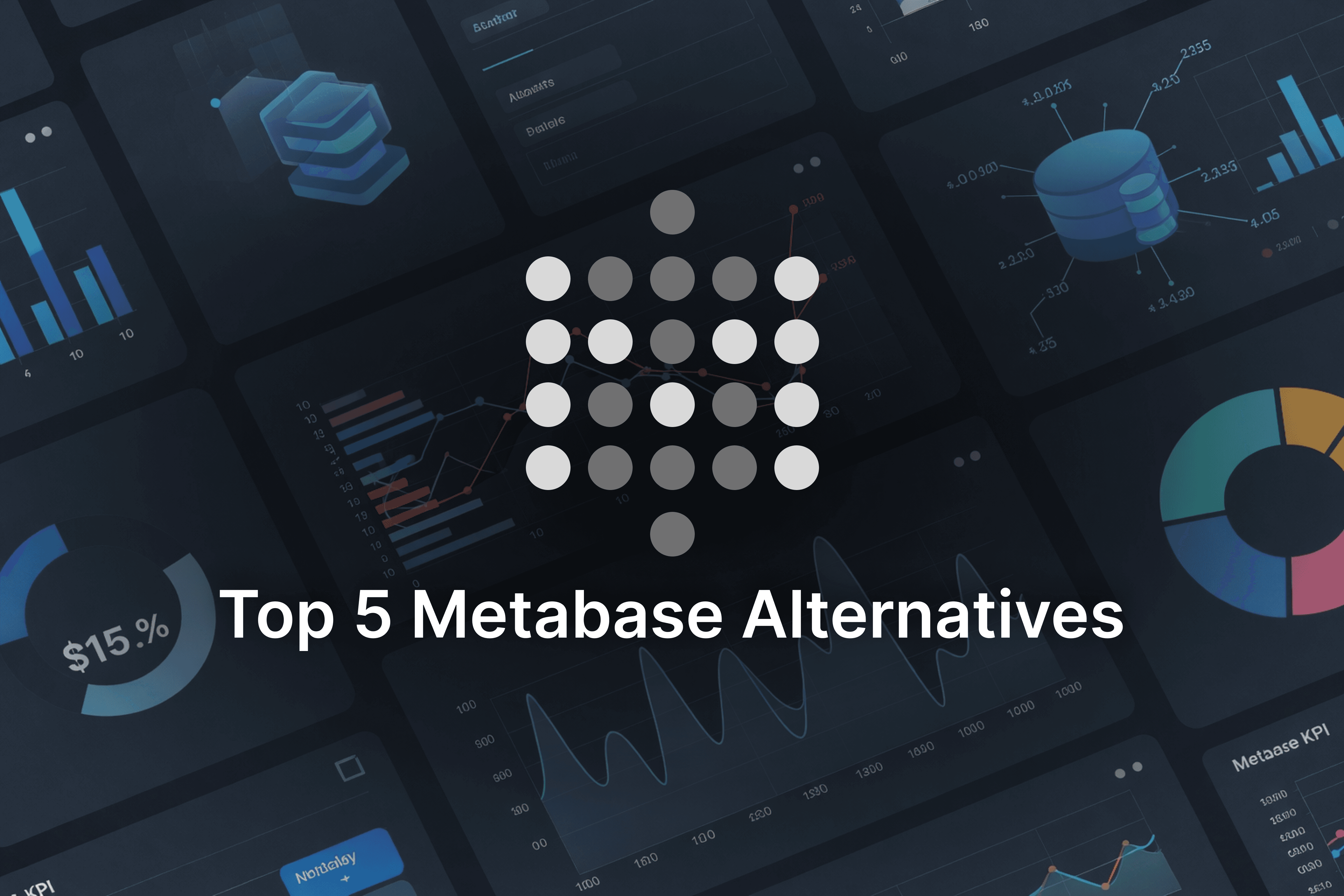Have you ever noticed how online stores seem to know exactly what you want to buy next? That feeling of surprise and ease is not a coincidence. It comes from AI-driven personalization, which uses smart technologies to offer tailored suggestions based on your past behavior and preferences. This clever use of data makes shopping easier and more enjoyable for customers while boosting sales for businesses.

Real-World Impact of AI in E-Commerce
Let’s say you are shopping on Amazon. Did you know that around 35% of Amazon’s revenue comes directly from its recommendation engine? That means more than a third of purchases are influenced by AI suggesting products customers might like based on their browsing and buying history. This shows how predictive analytics and AI personalization can drive significant real-sale results by making shopping more relevant and efficient.
What is AI-Driven Personalization?
AI-driven personalization means using artificial intelligence to customize your online shopping experience. AI looks at what you've browsed, bought, or rated before, then shows products or deals just right for you. This approach takes out the guesswork from shopping and creates a seamless experience.
The Role of E-Commerce Analytics in AI Personalization
At the core of this personalization is e-commerce analytics, the process of gathering and analyzing data about your shopping behavior. Analytics study things like the items you click on, how long you spend looking at certain products, your purchase history, and how frequently you visit a website.
This detailed analysis allows AI to build a profile of your preferences and habits. Using these insights, AI predicts what you might want next, when to offer you discounts, or the best times to reach out with marketing messages. This makes every interaction relevant and timely, turning raw data into a personalized shopping path designed uniquely for you.
How AI Personalizes Your Shopping Experience
It works through various smart tools such as:
Recommendation Systems: Imagine you bought a camera. AI might suggest accessories like lenses or memory cards that others with similar purchases found useful.
Predictive Analytics: AI detects patterns and anticipates when you might need to reorder a product or try something new based on your past buying cycle.
Personalized Marketing: You might receive emails or app notifications offering special deals on items you have shown interest in, avoiding generic or irrelevant ads.
Scenario Example
Imagine you’re browsing an online store for running shoes. You spend some time looking at cushioned sneakers but don’t make a purchase right away. A few days later, you receive an email featuring those same shoes with a discount offer, plus suggestions for matching running socks and water bottles, items related to what you viewed earlier. This experience, powered by AI and analytics, encourages you to come back and make a purchase while feeling the store understands your needs.
Best Practices for Implementing AI in E-Commerce Analytics

For retailers to fully benefit from AI-driven personalization, there are some key best practices:
Respect Customer Privacy: Collect and use data carefully, being clear and transparent about how customer information is handled. Privacy builds trust.
Seamless Integration: AI tools need to work smoothly with existing systems and analytics platforms for real-time data flow and better decision making.
Natural Recommendations: Suggestions should feel helpful rather than pushy or forced. Customers respond better to subtle, relevant personalization.
Continuous Learning: AI models must be updated regularly using fresh customer analytics and feedback to improve accuracy and relevance.
Benefits of AI Personalization for Retailers
Retailers who invest in AI and analytics for personalization enjoy multiple advantages such as:
Happier customers who feel understood and therefore return more often.
Higher sales driven by relevant, timely product suggestions tailored to individual preferences.
Deeper insights into customer behavior, helping businesses adjust offers and marketing strategies.
Smarter marketing spend with less waste due to precise targeting and fewer irrelevant ads.
Real-World Examples of AI-Driven E-Commerce
Not only Amazon but many companies are benefiting from AI personalization. For instance, Netflix uses AI to recommend over 80 percent of the content its users watch. This personalization saves Netflix around one billion dollars annually by increasing user engagement and reducing cancellations.
Similarly, Sephora uses AI analytics to power personalized product recommendations, which have led to a 25 percent boost in average order values and a 17% increase in repeat customers. These examples show how AI-driven personalization can create better customer experiences and stronger business growth across industries.
How AI Improves Customer Retention
Have you noticed that when a website remembers your preferences and shows products you are interested in, you are more likely to come back? That’s AI and analytics working hand in hand. By understanding your behavior and preferences deeply, AI helps retailers build trust and loyalty with personalized offers that make customers feel valued and understood, encouraging repeated purchases over time.
Conclusion: The Future Is Personalized Through Analytics
AI-driven personalization combined with e-commerce analytics is more than a technological trend. It is a vital tool that transforms online shopping by turning mountains of data into personalized experiences that benefit both customers and businesses. By focusing on you, the individual shopper, AI creates a smooth and enjoyable shopping journey that feels natural and thoughtful. And for retailers, it promises increased sales, loyal customers, and smarter operations.
The future of e-commerce is personal, dynamic, and data-driven, powered by AI working behind the scenes to make your shopping experience better than ever before.









